In Friday’s Sermon held at the Imam Hussain Shrine on August 16, 2019, the representative of the Shia Muslim Supreme Religious Authority, sheikh Abdul-Mehdi Elkerbela’i, talked about work between national, Islamic jurisprudential, ethical entitlements and the state of affairs of Iraq.
Elkerbela’i said that every person is tasked with a certain job, profession, or service – it’s work that is of the necessities of living, social, economic, and educational life, as well as a principle of human perfection and the foundation for development, prosperity, welfare, dignity, and happiness that people seek.
He continued saying that perfecting a job requires a number of principles one ought to be compliant with, whether that person believes in God, is subscribed to a religion or not.
Elkerbela’i said that the first principle represents the love for work, noting that work is of Islamic value, others deem it to be ethical, and others may deem it to be patriotic and that contributes to people’s prosperity, development, and dignity.
He indicated that if people deem work to be of divine and religious value, their dealing will be of a supreme purpose, which will lead to nothing but serving people – on the contrary, those who deal with work materialistically won't have that vigorous urge for perfection and potential employment.
He said further that some people in some countries are not subscribed to a certain religion, but those people have advanced and prospered, noting that if those people’s work is scrutinized, the result will show that those people deem their work to be patriotic and of a supreme value.
Faithfulness to work, Elkerbela’i added further, is one of the significant principles – it represents the key attribute based on which God has chosen the Prophet Mohammed (Peace and Blessings Be Upon Him and His Pure Family), the other prophets, and the divinely appointed successors. In addition, he said some people practice faithfulness to work for the sak of God and others practice it for the sake of patriotism and the country.
Another principle is manifested by the ethics of work – an employee serves people, such as a doctor serves patients and a teacher serves students; they deal with humans, not robots, and such dealings have to be based on humanitarian ethics, clarified Elkerbela’i.
Elkerbela’i concluded, saying that work is trust; a person is entrusted with performing a certain thing – an employee tasked with something ought to do their job as required to deserve their rights, for the world’s system is contingent upon rights and duties.
Editing: Wela’ EsSeffar
Translation: Mohammed Elobaidi



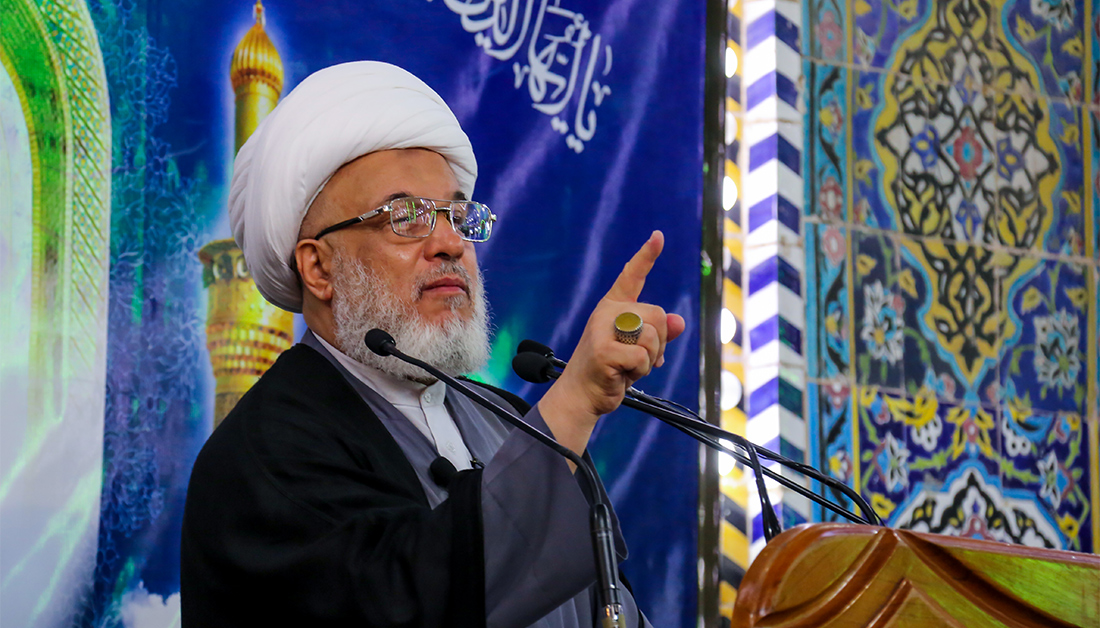



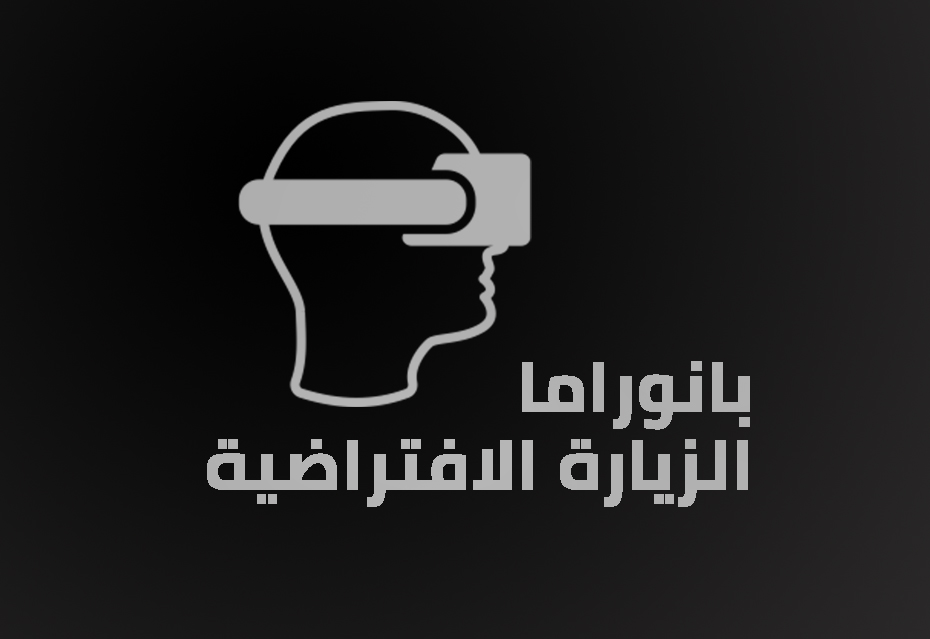
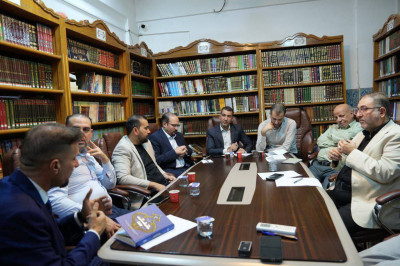

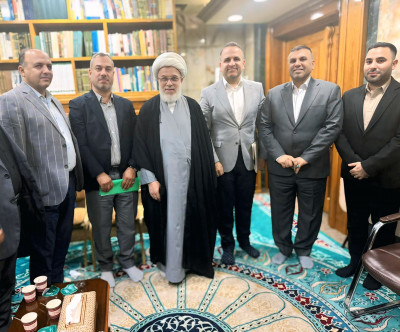
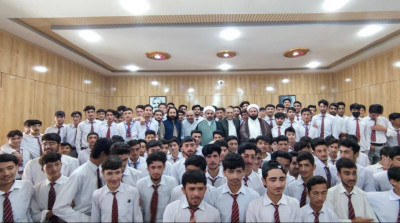
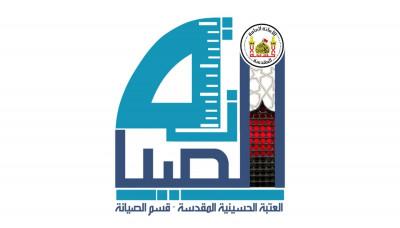



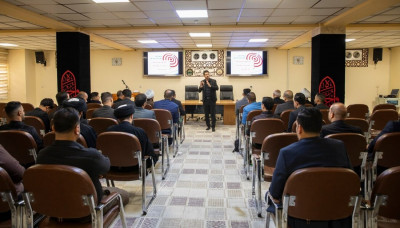

اترك تعليق